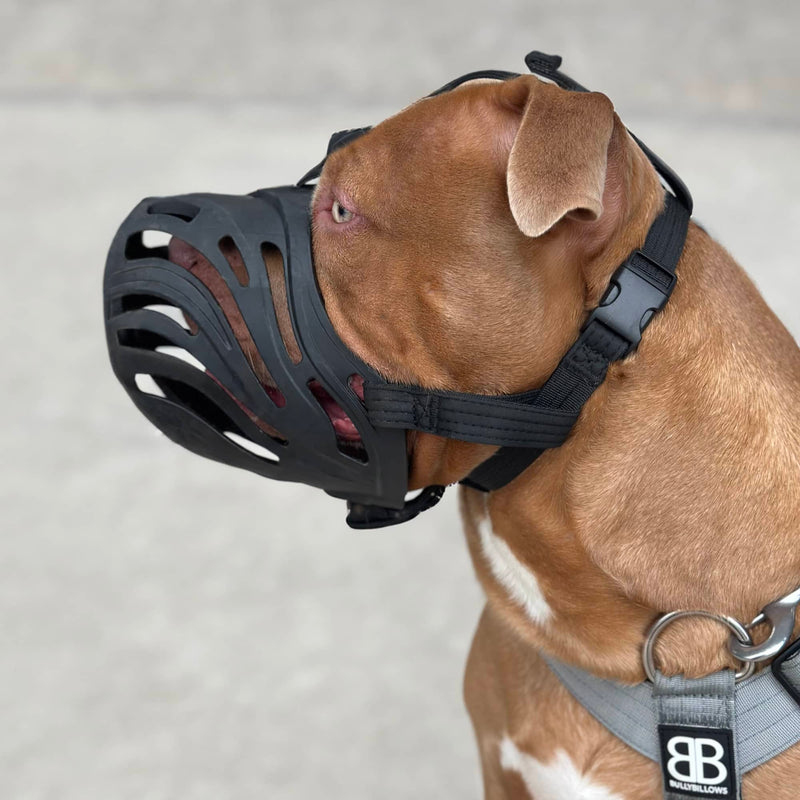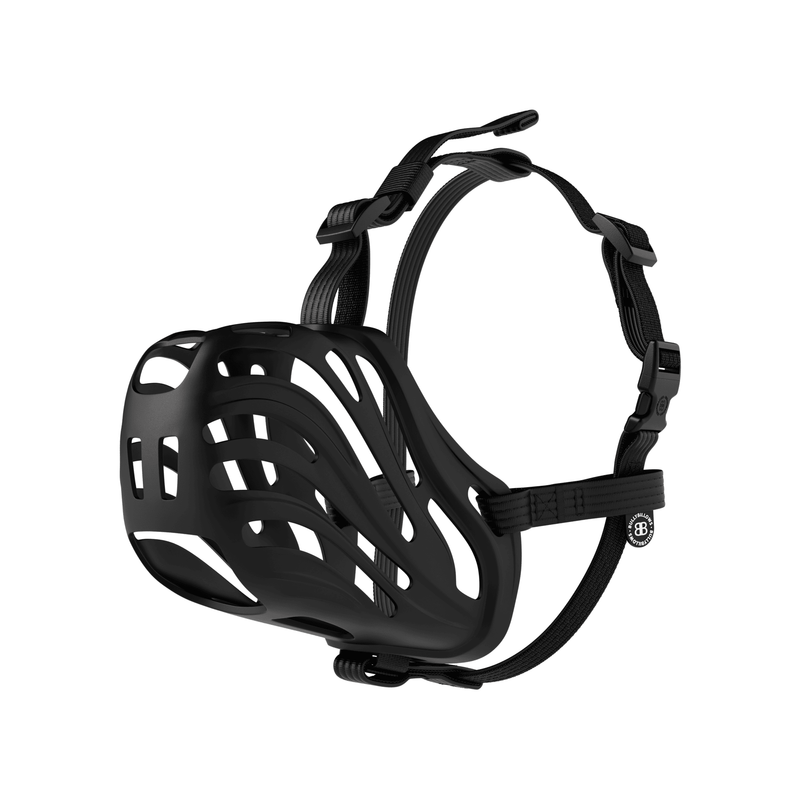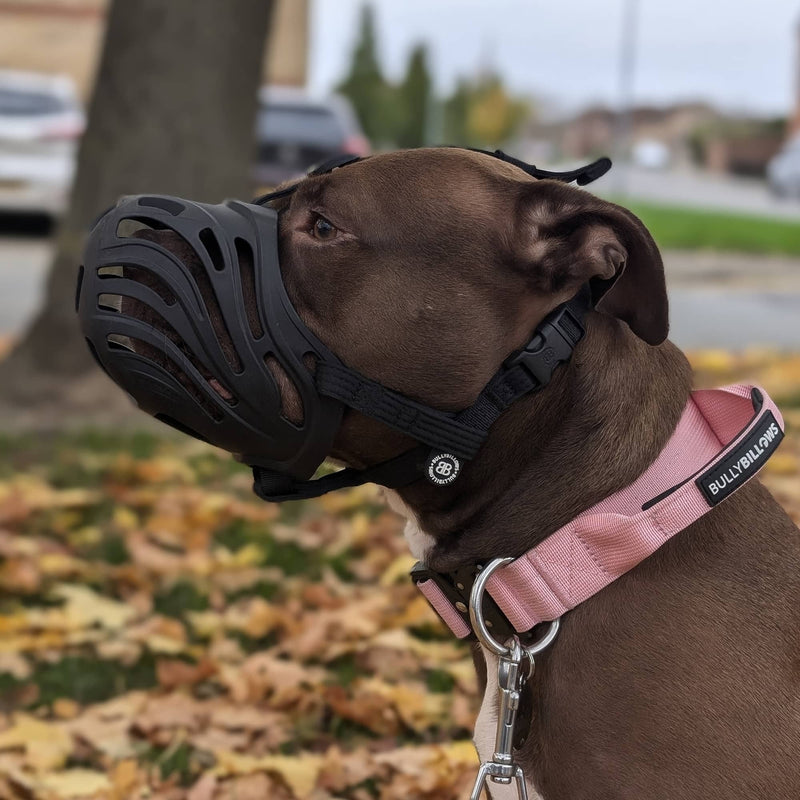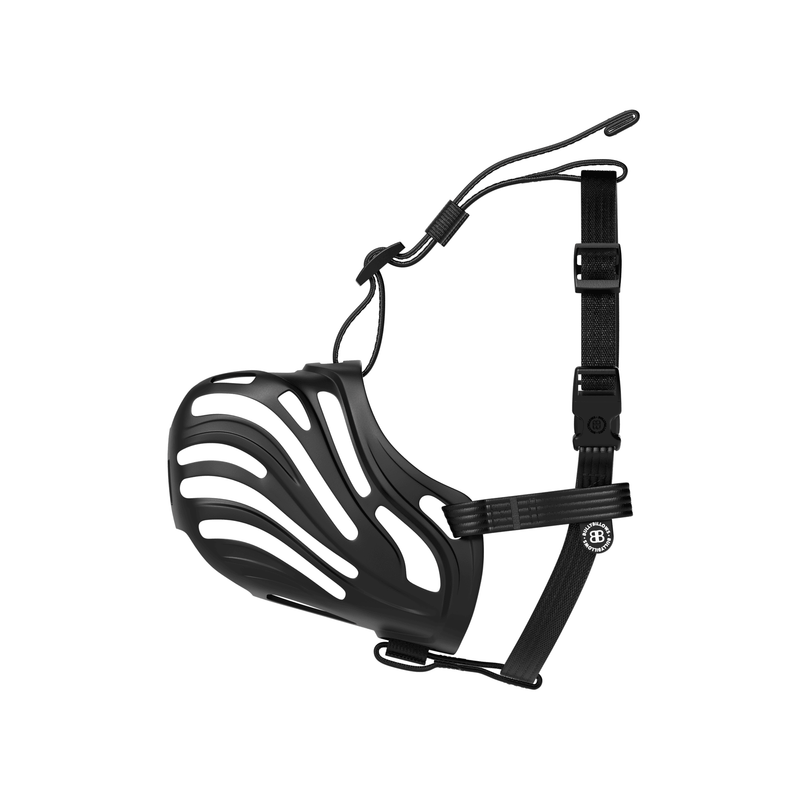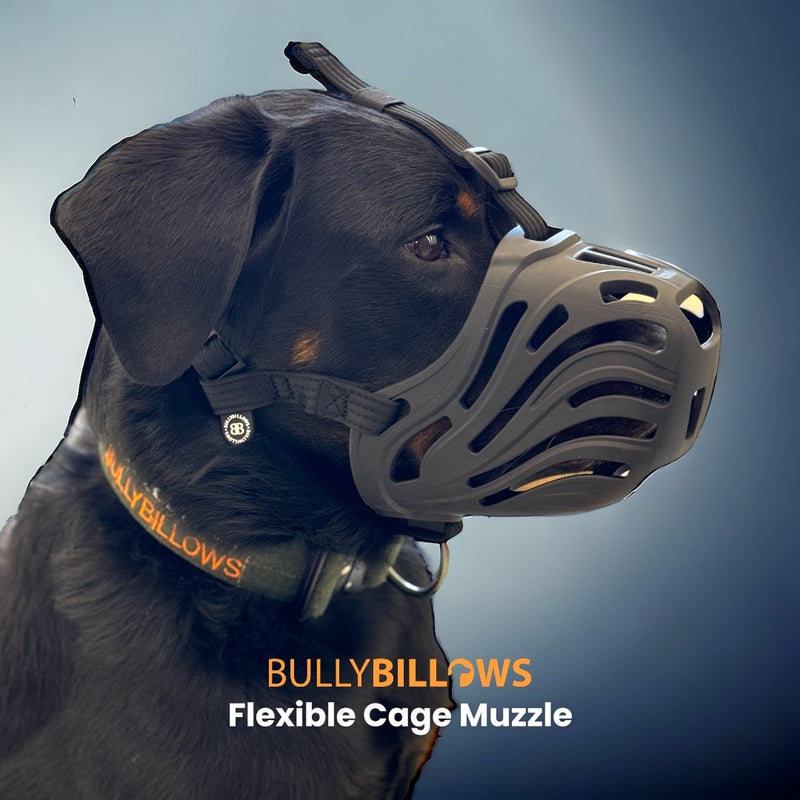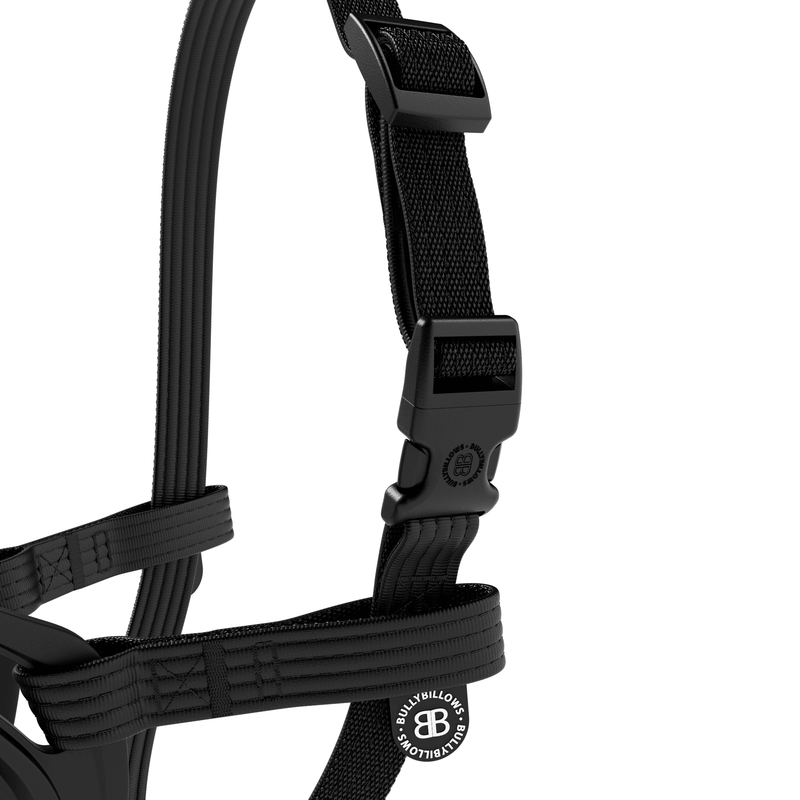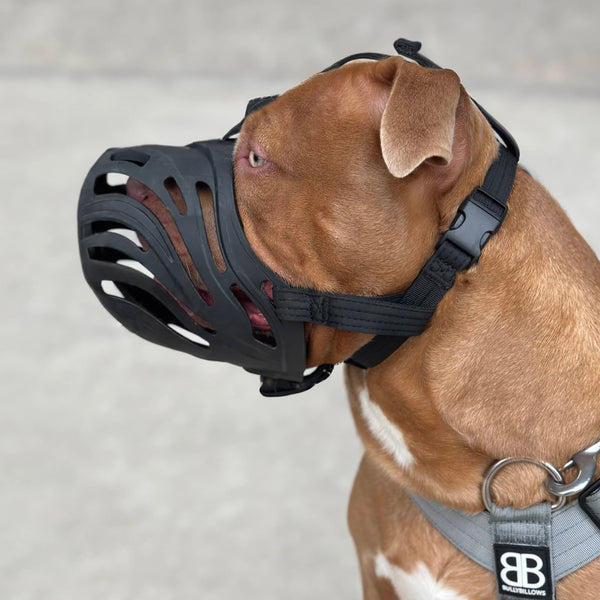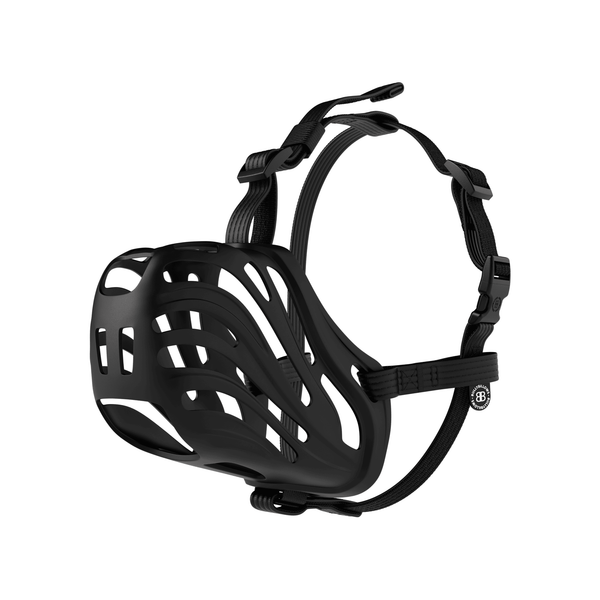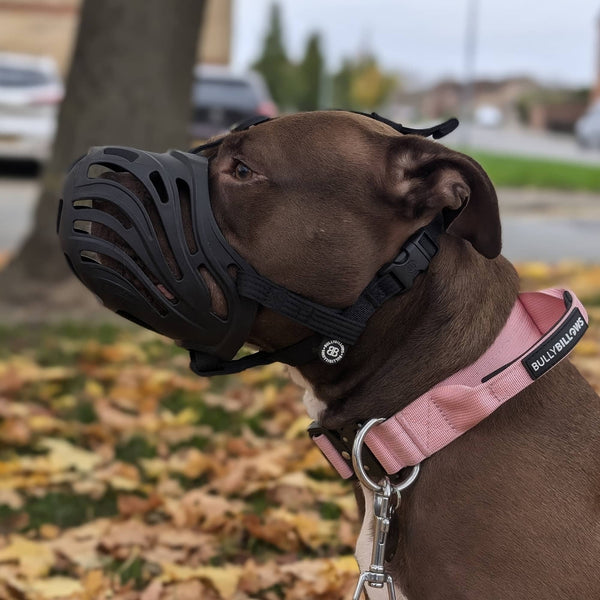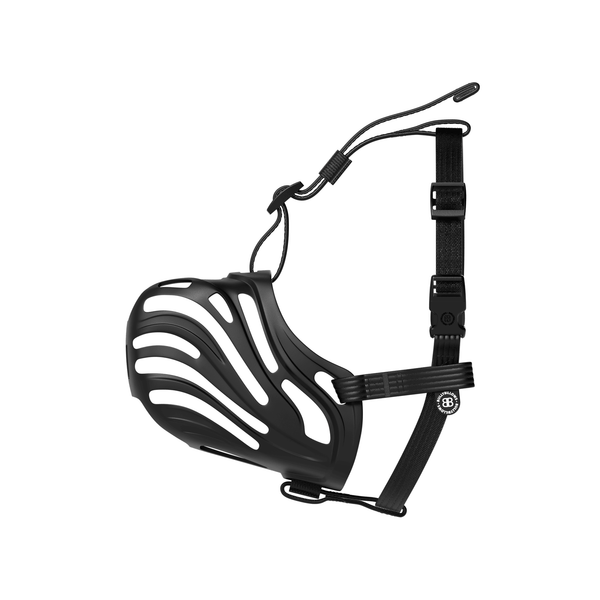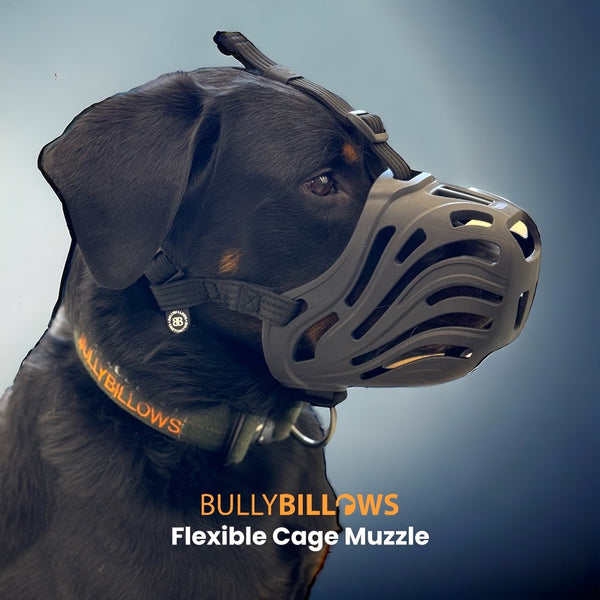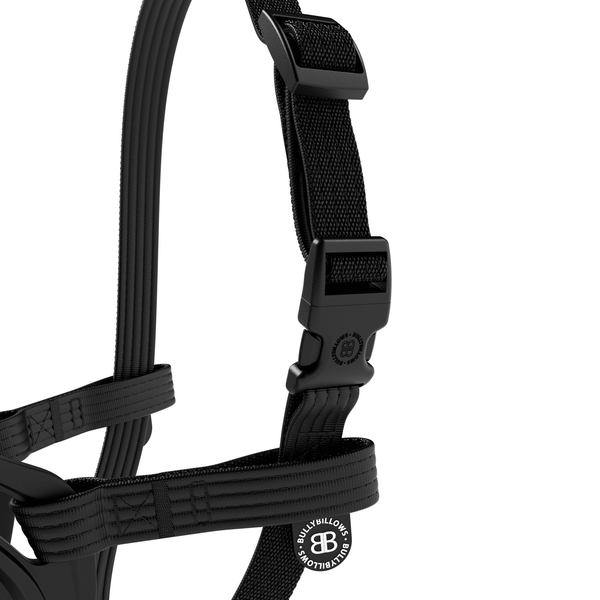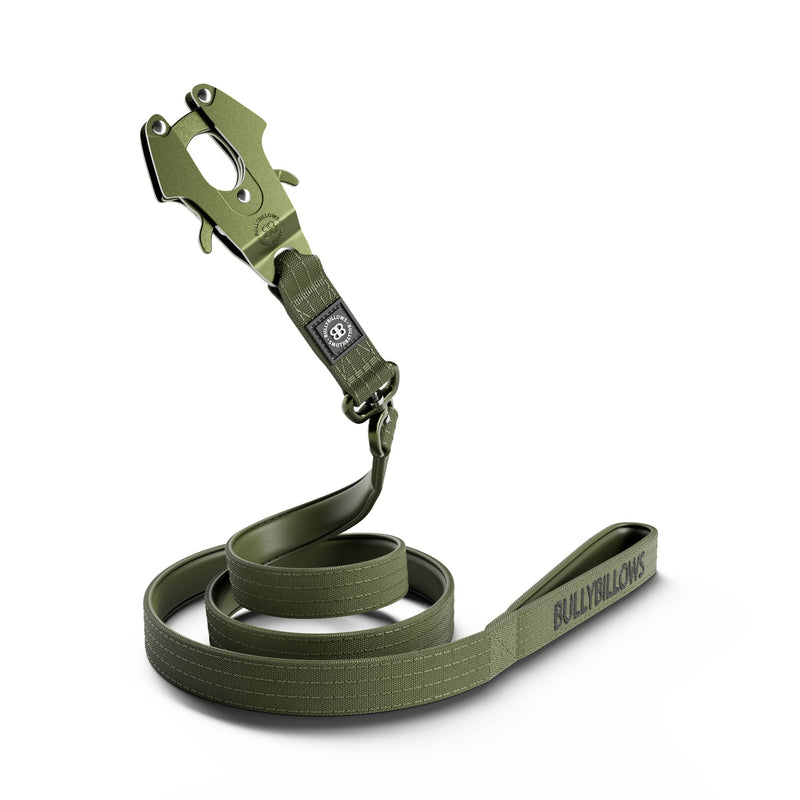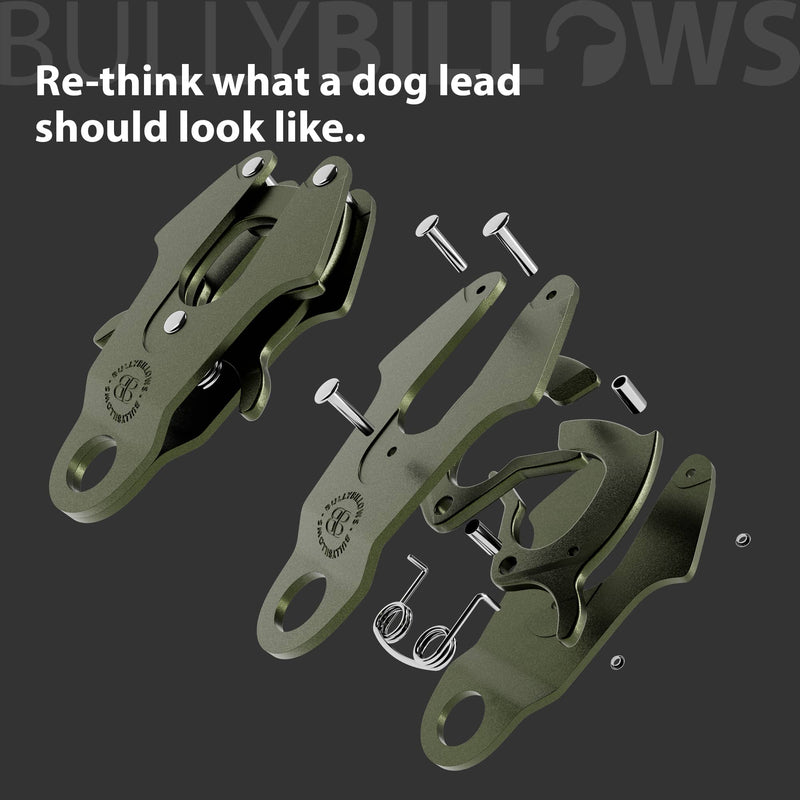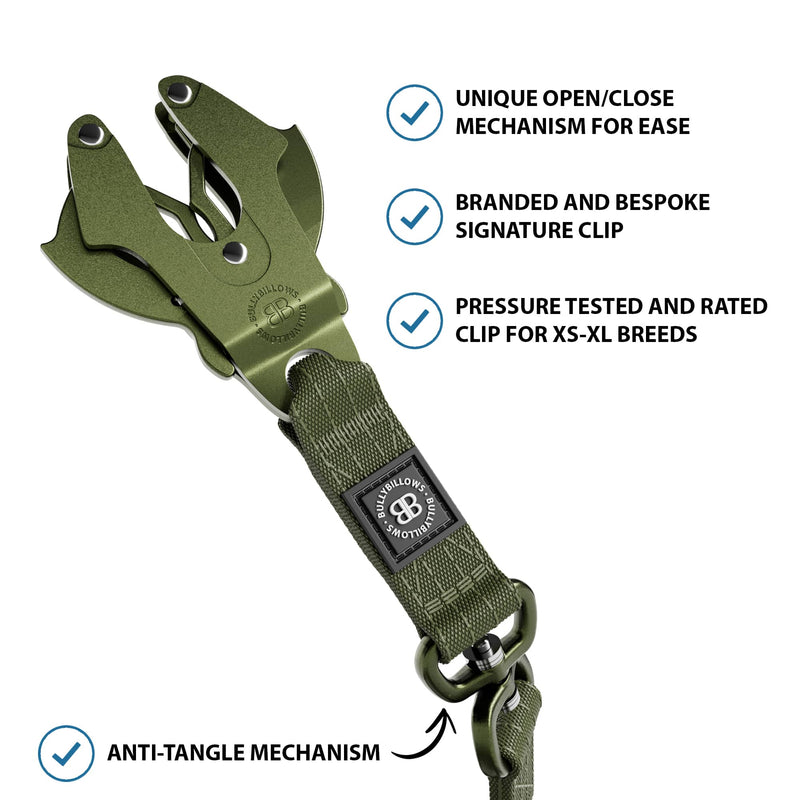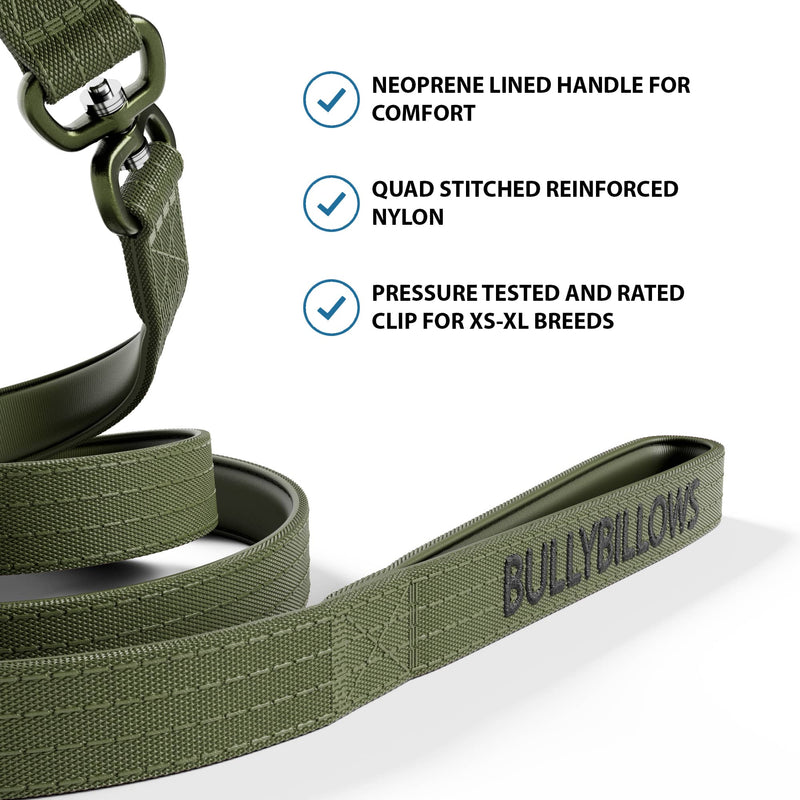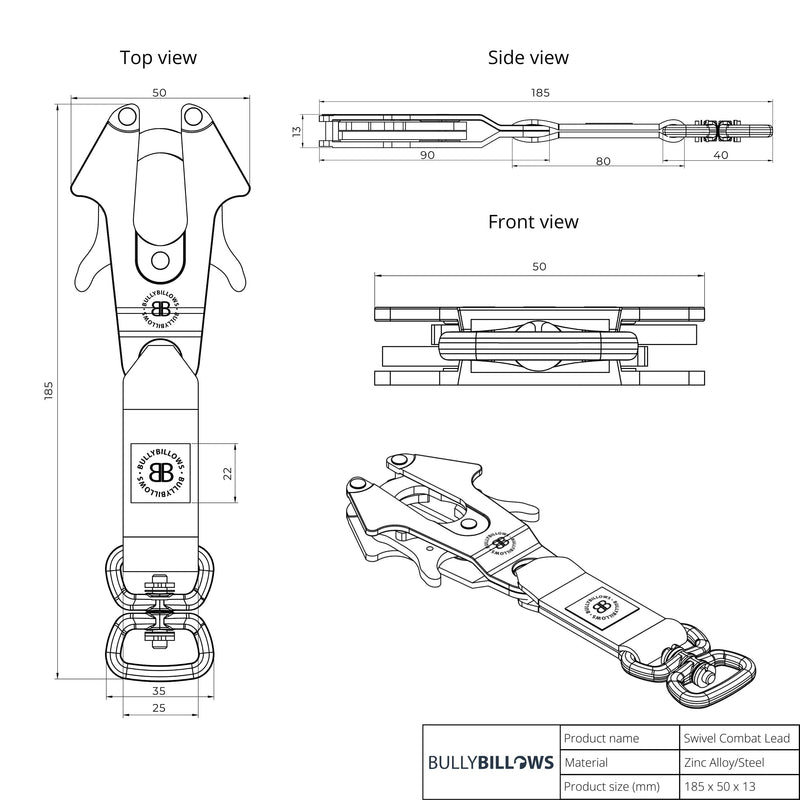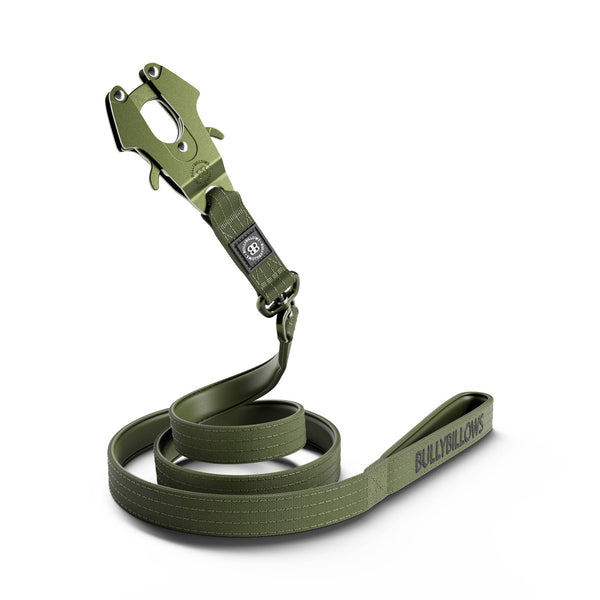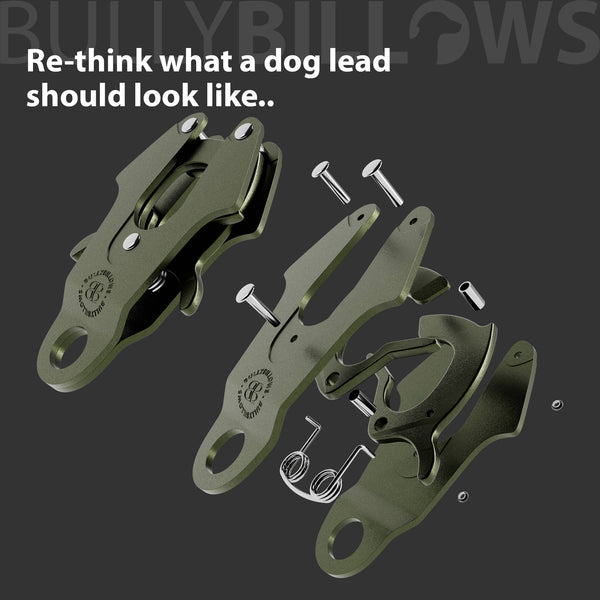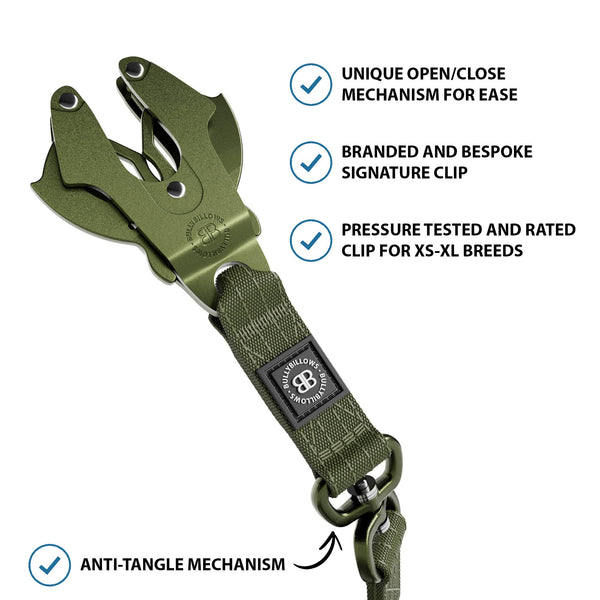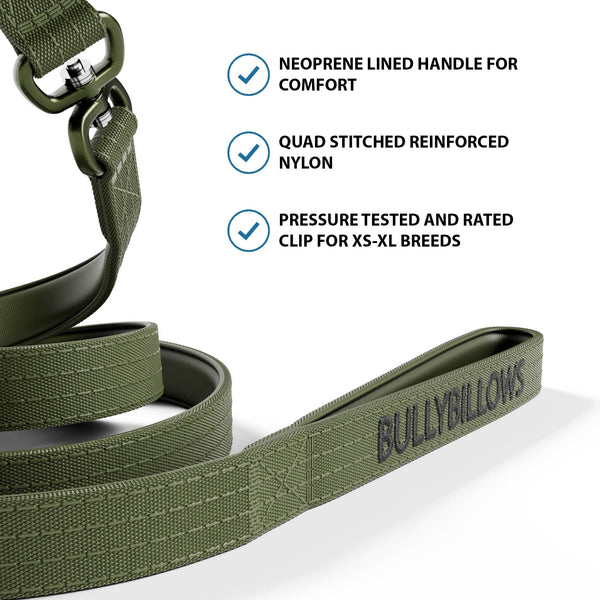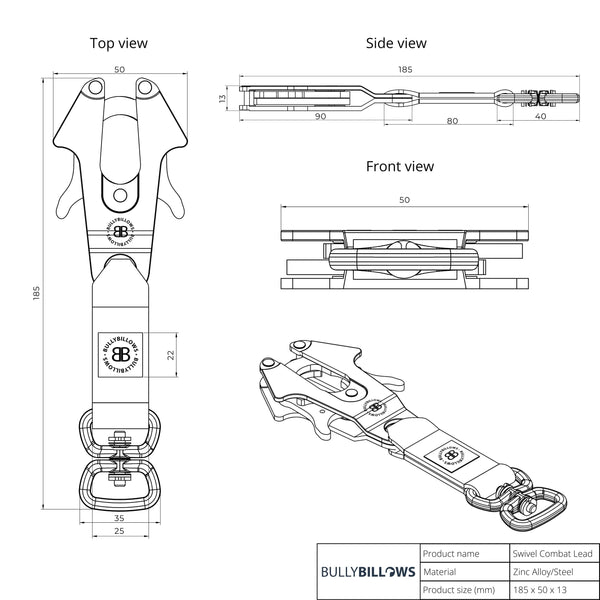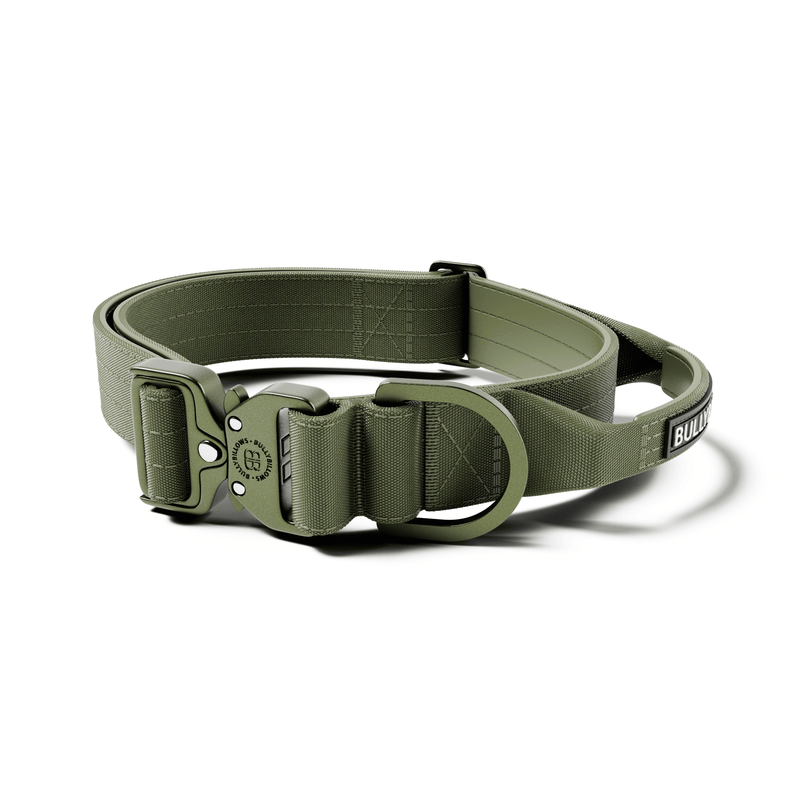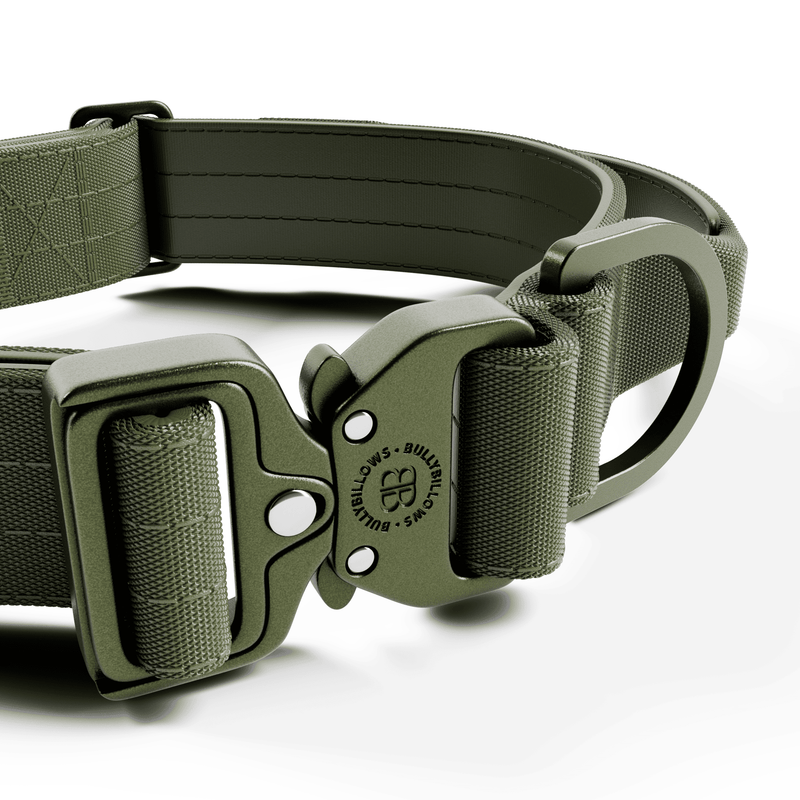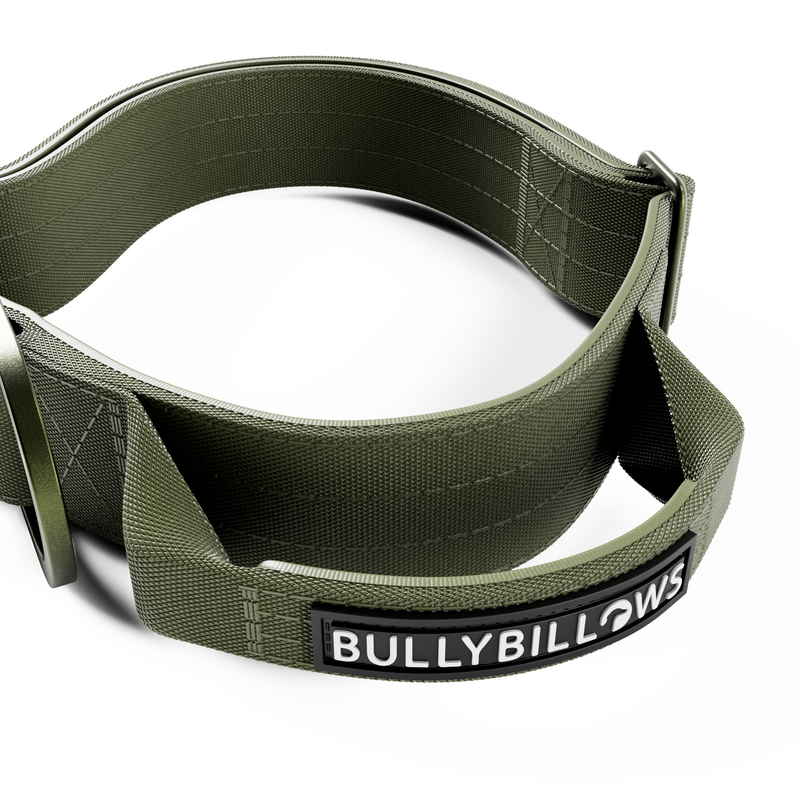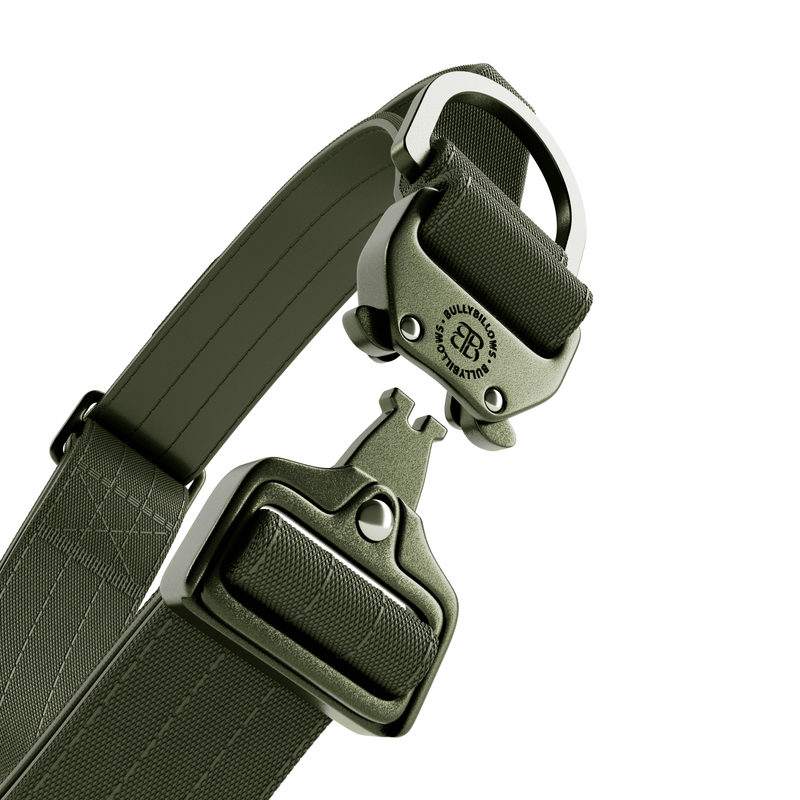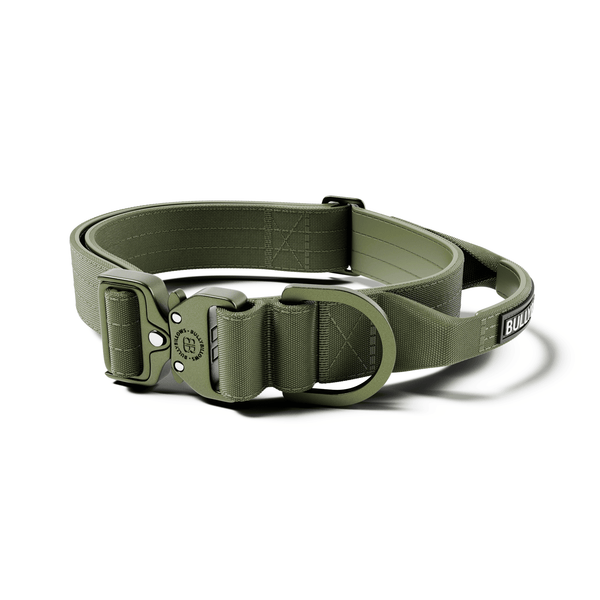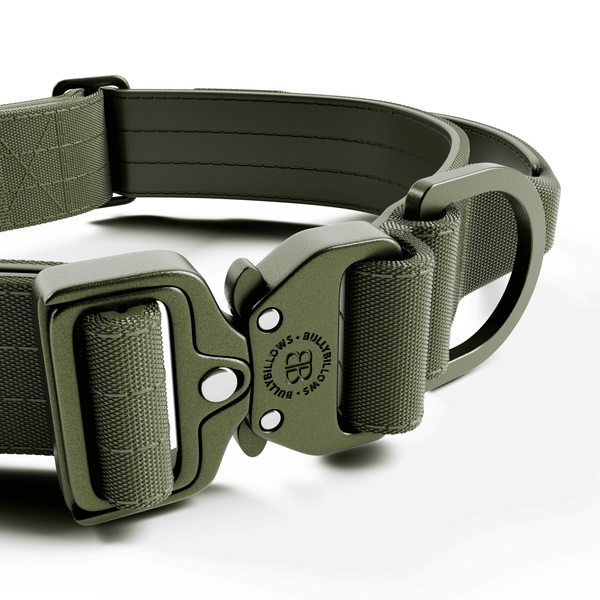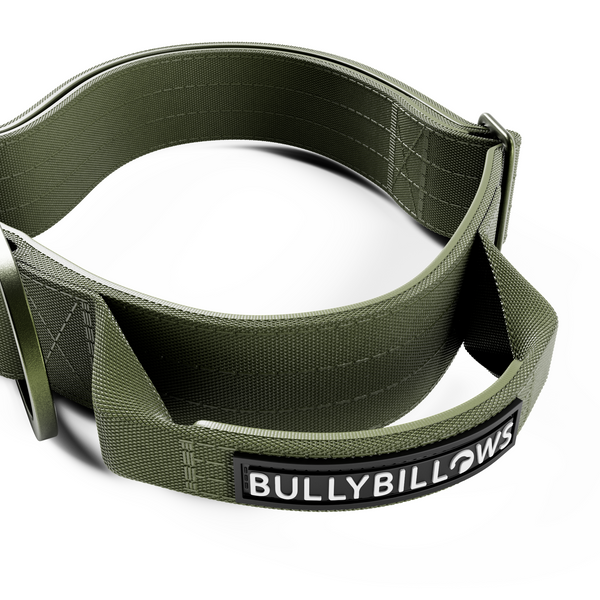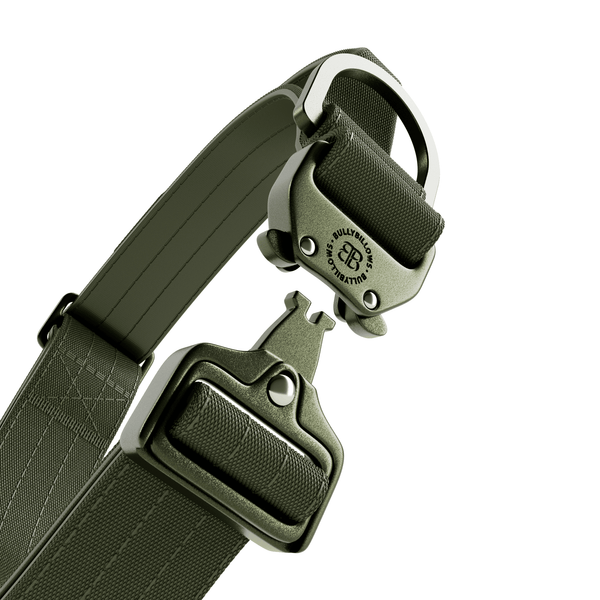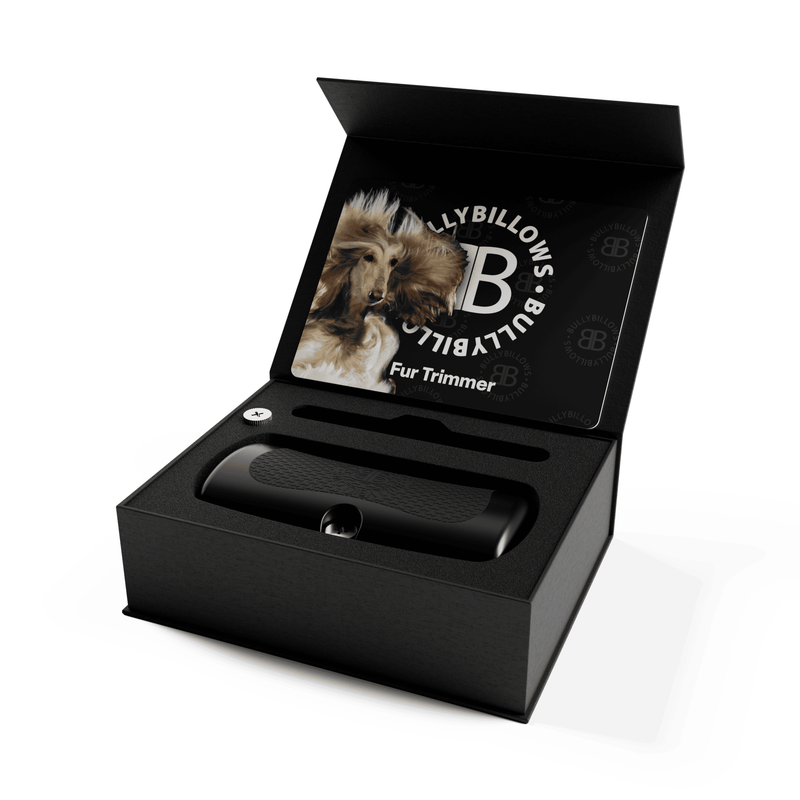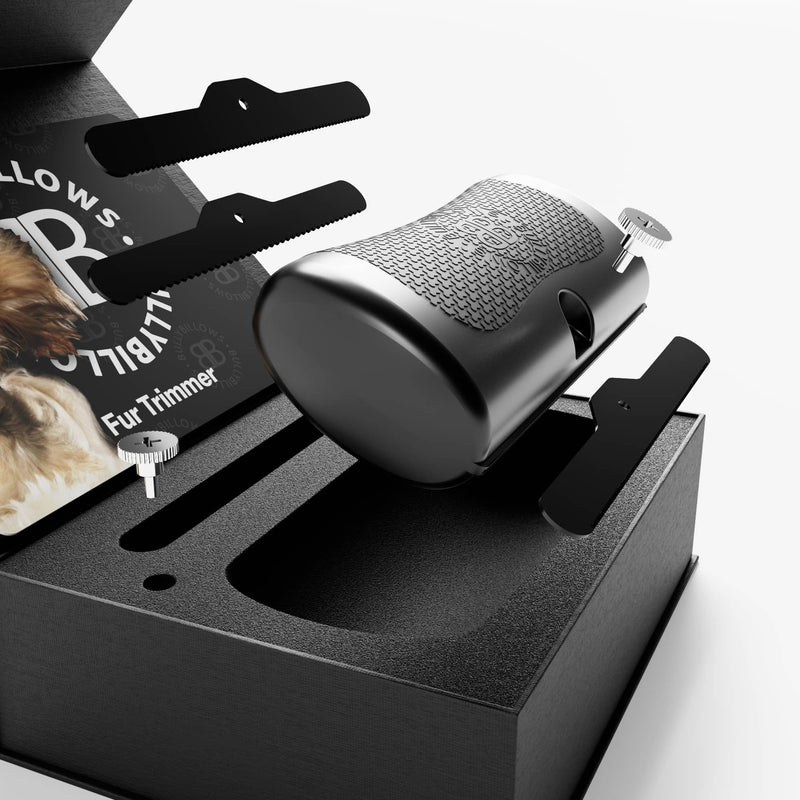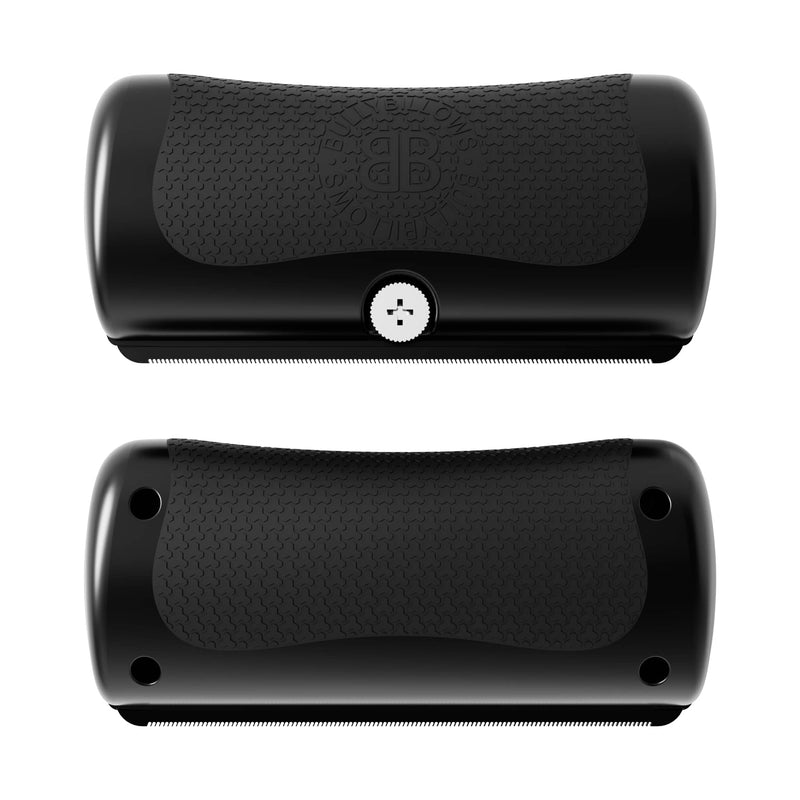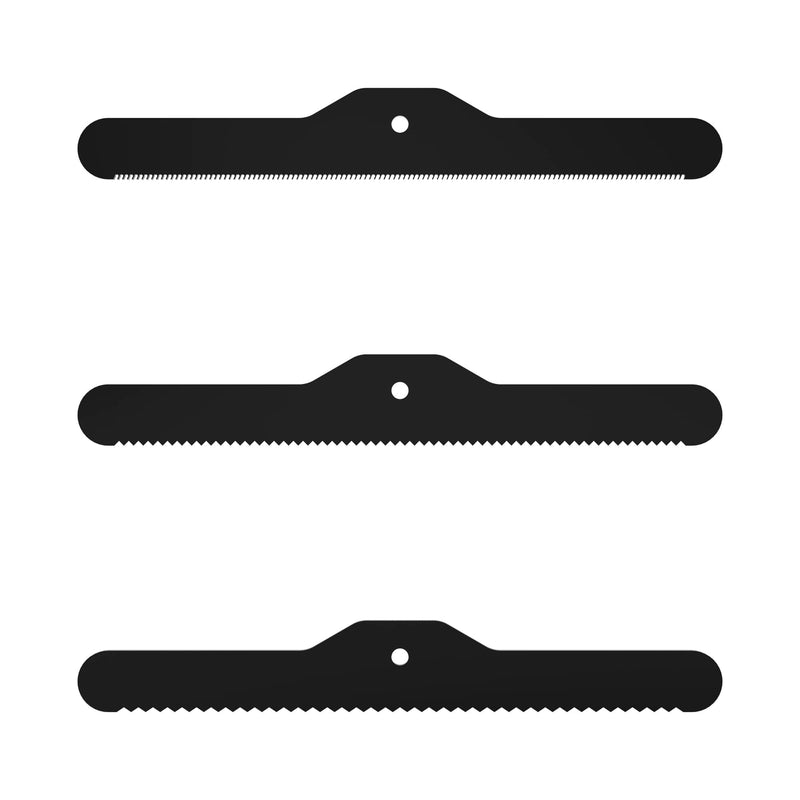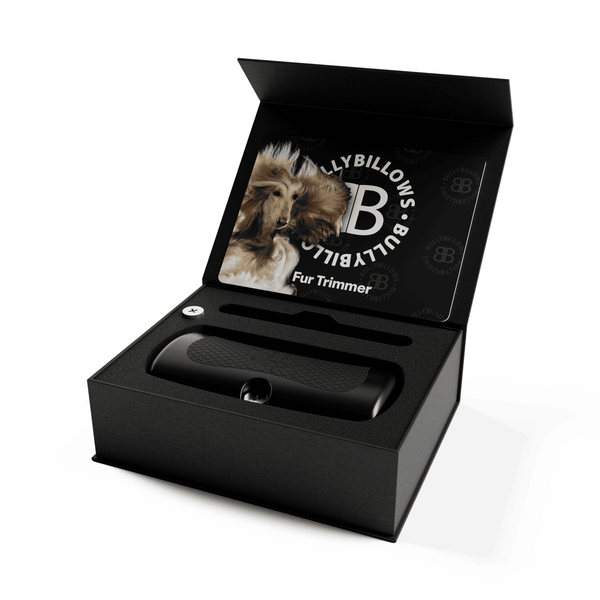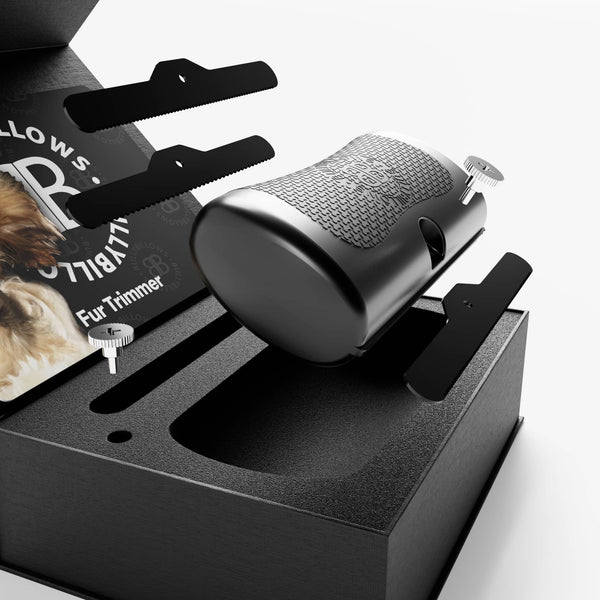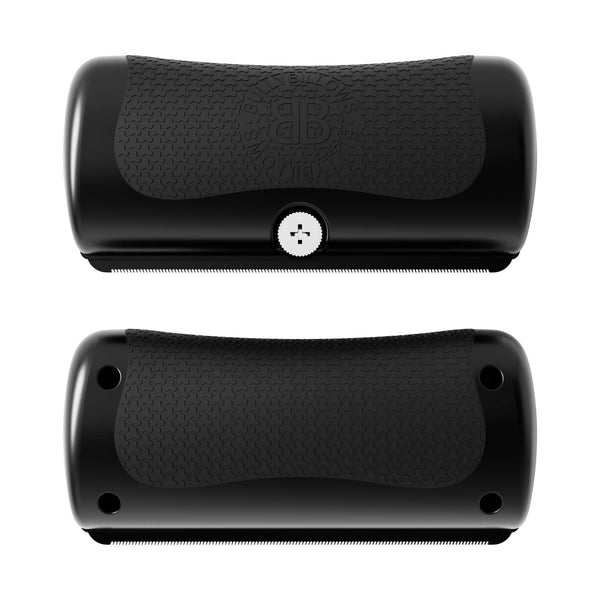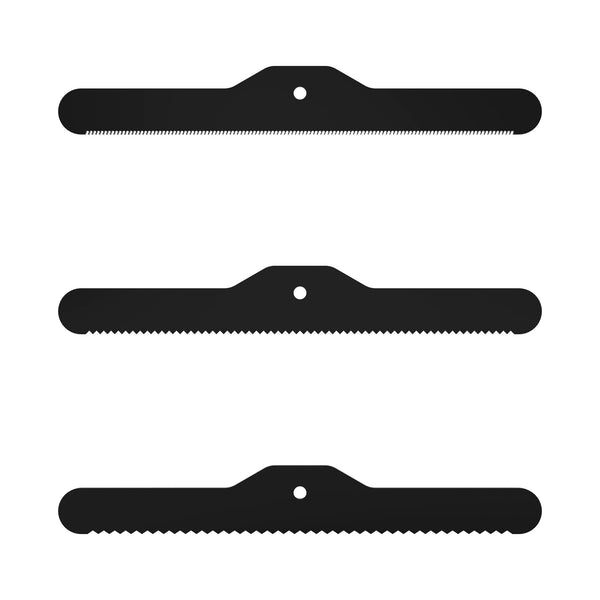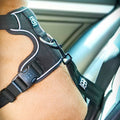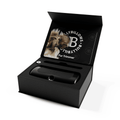Pregnancy can be an overwhelming experience for your furry friend.
Similar to humans, a pregnant dog goes through various changes including hormones, weight, appetite, and behaviour. Usually, the initial signs of pregnant dogs are not visible until the first month. Hence, you will need to be extra cautious and observe your pet during this time to know whether she's pregnant or not.
If you're not sure how to care for your pregnant dog, we have collated expert tips and valuable information to help you out. Let’s start with understanding the basics.
Common signs and symptoms of pregnancy in dogs
Understanding the common signs of pregnancy in dogs can help you in knowing them better and taking good care of them.
Your female dog may have an upset stomach that continues for about 10 days three weeks after the mating. During the initial days, your dog will begin to have vaginal discharge and swelling of the teats. You can also check pregnancy by having a look at her abdomen, which usually swells 20-50% in this time. Also, after exactly 30 days of mating, you can have a blood test to confirm the pregnancy.
If you notice signs of pregnancy, contact your veterinarian immediately. Once you are sure, start preparing and taking extra care of your furry friend as it will need more affection from you during this time.
How long does a dog pregnancy take?
The pregnancy or gestation period for dogs is between 60 and 63 days, with the first thirty days passing as usual. You can start counting from the day she first mated.
Roughly up to the halfway mark, your dog will have some issues equivalent to morning sickness that may make them skip food for a few days. The last thirty days of the pregnancy are crucial, with some huge changes to consider. During this time, the puppies are growing incredibly fast, which impacts the dog’s metabolic system, meaning she requires more food to stay in a healthy weight range.
Sometimes your dog might scratch at the floor or begin to hoard food or other items - this is a normal trait in pregnancy. Your dog might also get irritable to noise and strangers and need more attention from you.
Caring for pregnant dogs
Taking proper care of your pregnant dog is crucial for the health of the dog and her puppies. Make sure that you are feeding her with premium adult dog food rich in protein, fat, and minerals. Usually, the eating needs of your dog will suddenly increase up to one and a half times the normal rate, so make sure you've got extra stored.
Make your dog feel comfortable
Keep in mind that pregnant dogs are more susceptible to vaginal discharge that can make them feel irritable and less comfortable, so it's recommended to keep your dog in such a place where they feel relaxed.
Look for a place that has fewer household activities and people walking by. This ensures that your dog will not get disturbed from their rest. Make her feel relaxed by providing a bed that suits her conditions and needs, and a BullyBillows blanket for extra comfort.
Too often, dogs will most likely stay in one place during their pregnancy period and this is why it is better if your chosen dog bed provides the exact comfort that your pregnant dog needs.
Feeding a pregnant dog
It's important to take extra care with your pregnant dog's diet. Make sure to feed her high-quality dog food during this period, with a protein content of 28%, to help keep her in good physical shape for nursing the puppies.
As such, there is no need to supplement the food with any vitamins, additives, or food rich in calcium unless your dog is struggling with any known health problem or condition. This is because there are usually risks involved with most vitamins and supplements that can harm the health of your pet.
The biggest strain is the last month of the pregnancy where the puppies really have a growth spurt. Switch her to a high-quality puppy food along with the additional caloric and protein intake she needs for her rapidly growing puppies.
Always make sure to provide lots of fresh water for the mother during the pregnancy. Even if your dog avoids having food due to morning sickness, she must be properly hydrated. If you observe any signs of not drinking or appearing in discomfort, call the vet immediately and get her in for a check-up.
Maintain distance from other dogs
In the last three weeks of pregnancy, your dog must be kept away from other dogs or animals. This will prevent her from catching infections or other illnesses that can affect the health of her and her puppies. Keeping your dog in a protected and guarded area will not only provide much-needed protection, but also make her feel more comfortable as well.
If you have other dogs or pets in your house, make sure they do not pester your pregnant dog. While it is highly unlikely that they will cause harm to the mum and the unborn puppies, it is a good idea to keep them away in the last few weeks before whelping.
Exercise for pregnant dogs
During the first half of the pregnancy, your dog can go out on her daily walks, however, she should avoid doing intense exercise. Make sure to not add stress to the pregnancy by taking her to dog shows or committing to obedience training.
You might notice your pregnant dog has less energy than usual when she gets closer to the 30-35th day of the pregnancy, but she must not become inactive. Your dog needs calm and non-strenuous exercise during pregnancy, so don't overstimulate her, but make sure she doesn't become lethargic either.
Treatments for pregnant dogs
You can continue some treatments at home including heartworm prevention medicine as all medications for these are safe during pregnancy. External and internal parasites like roundworms and fleas require specific treatments. It is important to consult the veterinarian, as you do not want to expose the puppies to these parasites at birth.
Vaccinations
Pregnant dogs should not be given vaccination as some shots might cause abortion. Make sure to give vaccinations only before the breeding process so that the puppies can remain protected through the mother’s milk.
Dog whelping
The birthing process of pregnant dogs is called whelping. It is important to have your pregnant dog examined by a veterinarian at least three weeks before whelping; this will ensure that both mom and puppies are healthy.
During the last few weeks of pregnancy, your dog might become very attached to you (their owner). Some pregnant dogs will not whelp until they are with their owner, so be cautious about going on vacations toward the end of the pregnancy.
A pregnant dog will also be seeking a quiet and secure place to whelp her pups. A secluded area such as a large closet or bedroom that gets little use will work well for whelping.
Prepare for whelping by having a sturdy whelping box available for the puppies. This should be a low, wide box so that mom can look after her puppies. Layer the whelping box with newspaper to absorb the fluids released during the birth.
How to care for your pregnant dog
Just like humans, pregnant dogs need attention, proper hygiene along with a good and well-balanced diet. Remember, a dog may experience difficulties during her pregnancy tenure just as humans do! Many pregnant dogs also require help in giving birth to the puppies and in some cases, caesarian help may be needed to save both the life of the mother and the puppies. It is vital that you schedule vet visits to keep her pregnancy in check and find out whether it’s going on well.
We hope this was a useful read. Keep visiting this space for more dog care tips, and shop dog accessories online to keep your pregnant pup comfortable.


